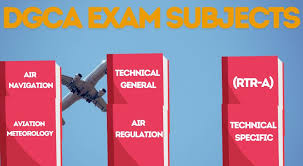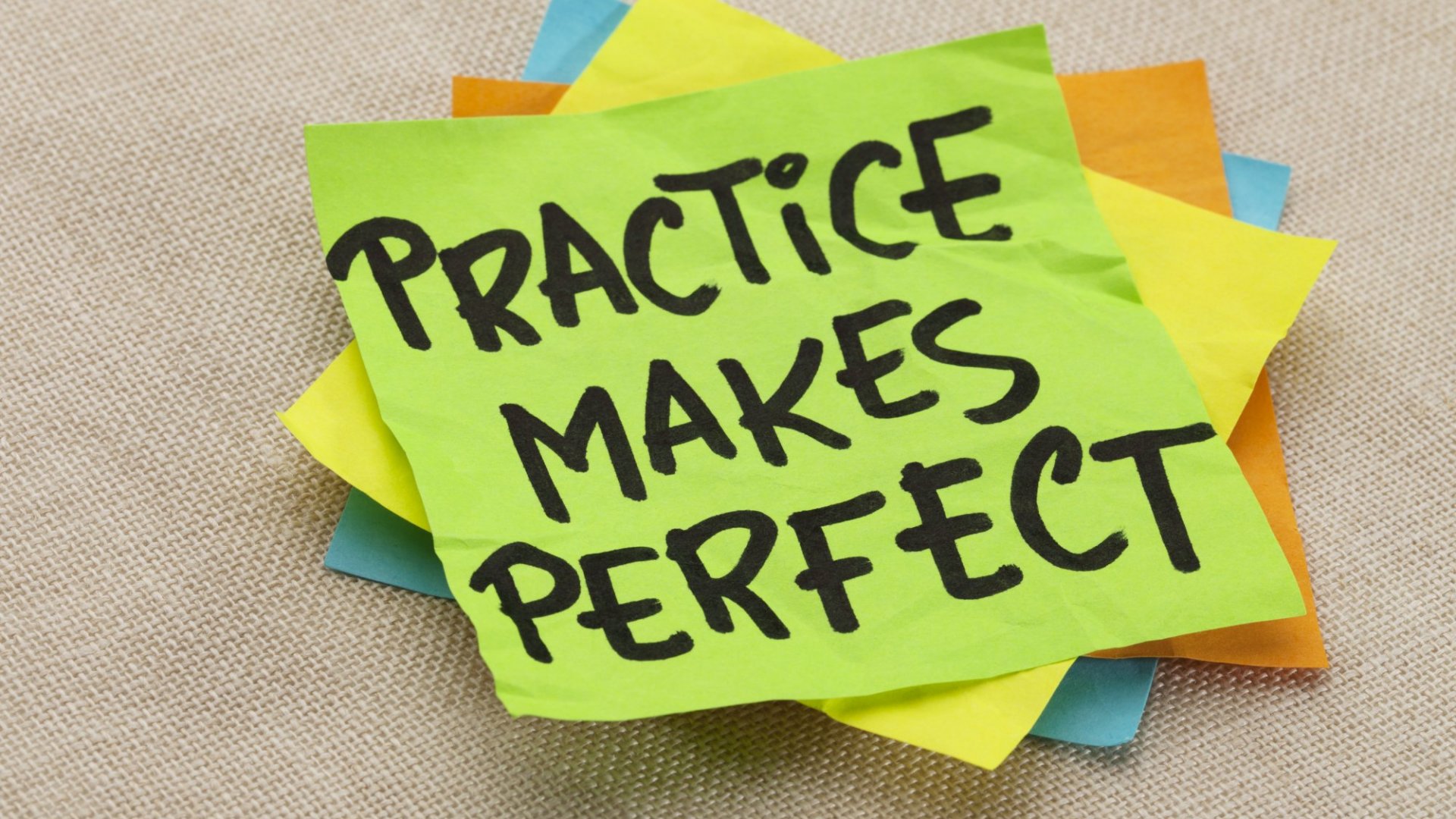Why are DGCA Exams Important for Pilots in India?
Many want to become pilots and achieve their aspirations, but they should pass pilot exams. The pilot written exam, conducted by the DGCA in India, is

Failing the DGCA exam can be disheartening for ambitious pilots. However, it's important to remember that failing in an exam is not the end but, rather, a stepping stone toward future success. With the correct method, you can turn this setback into a valuable learning experience and significantly increase your chances of passing in the following attempts. A proper procedure has to be followed and that too in the right way, to come out with flying colours in the subsequent DGCA exam.
This blog will talk about the various steps that should be followed to increase the chances of clearing the exam in the subsequent attempt.

The DGCA conducts several exams for various aviation licenses, including the Commercial Pilot License (CPL), Airline Transport Pilot License (ATPL) and Remote Pilot Certificate (RPC). Each exam covers various subjects, including Air Regulations, Aviation Meteorology, Navigation and Technical General Knowledge. A minimum of 70% marks is needed to clear each subject. The exams are recognized for their rigour and comprehensive coverage of aviation knowledge.

Before moving forward to the next attempt, it's vital to comprehend why you were not able to pass the exam previously. The most common reasons for failure include:
Recognizing the areas where you struggled will help you focus on improving those aspects.

Once you have identified your weak areas, you should address them so that they do not block the way again:
For example, if you struggled with Aviation Meteorology, you could watch instructional videos or read additional materials to strengthen your understanding.

Consistent practice is a need of the hour for improving your performance in the subsequent attempts of the DGCA exams:
Practicing often will make you confident and comfortable with the exam format, as well as decrease nervousness during the actual test.

Enrolling in a DGCA-approved training institution can offer more than a few benefits:
Aviation training institutes offer programs designed to help students pass the DGCA exams on their first attempt.

The DGCA regularly updates its regulations and exam patterns:
If you are aware of all the updates, it will ensure that you are prepared for any changes that might affect your preparation.

If you are confident and optimistic about your capabilities, it will help you elevate your performance in the exam:
Pilots often face setbacks but overcome them through hard work and determination.

Upon knowing about your weaknesses and improving your preparation, it's time to plan for the next attempt:
If you go out there with a planned approach, it will increase your chances of passing the exams in the next attempt.
By analyzing the mistakes you made in the previous attempt at the DGCA pilot exams, working on them, practicing regularly and going forward with positivity, you can improve your scores in the next attempt and inch closer towards passing the exams. Just stay cool, calm and collected and believe in yourself that you are born to fly high and you will achieve the feat.
Come to us at Flapone Aviation and we will put you on the right path to achieving your dreams. No worries about what went wrong in your previous attempt; we will put our heart into making it right for you this time around. So, what are you waiting for, join us now!
Connect with our aviation mentors to find the right path toward becoming a licensed aircraft pilot.